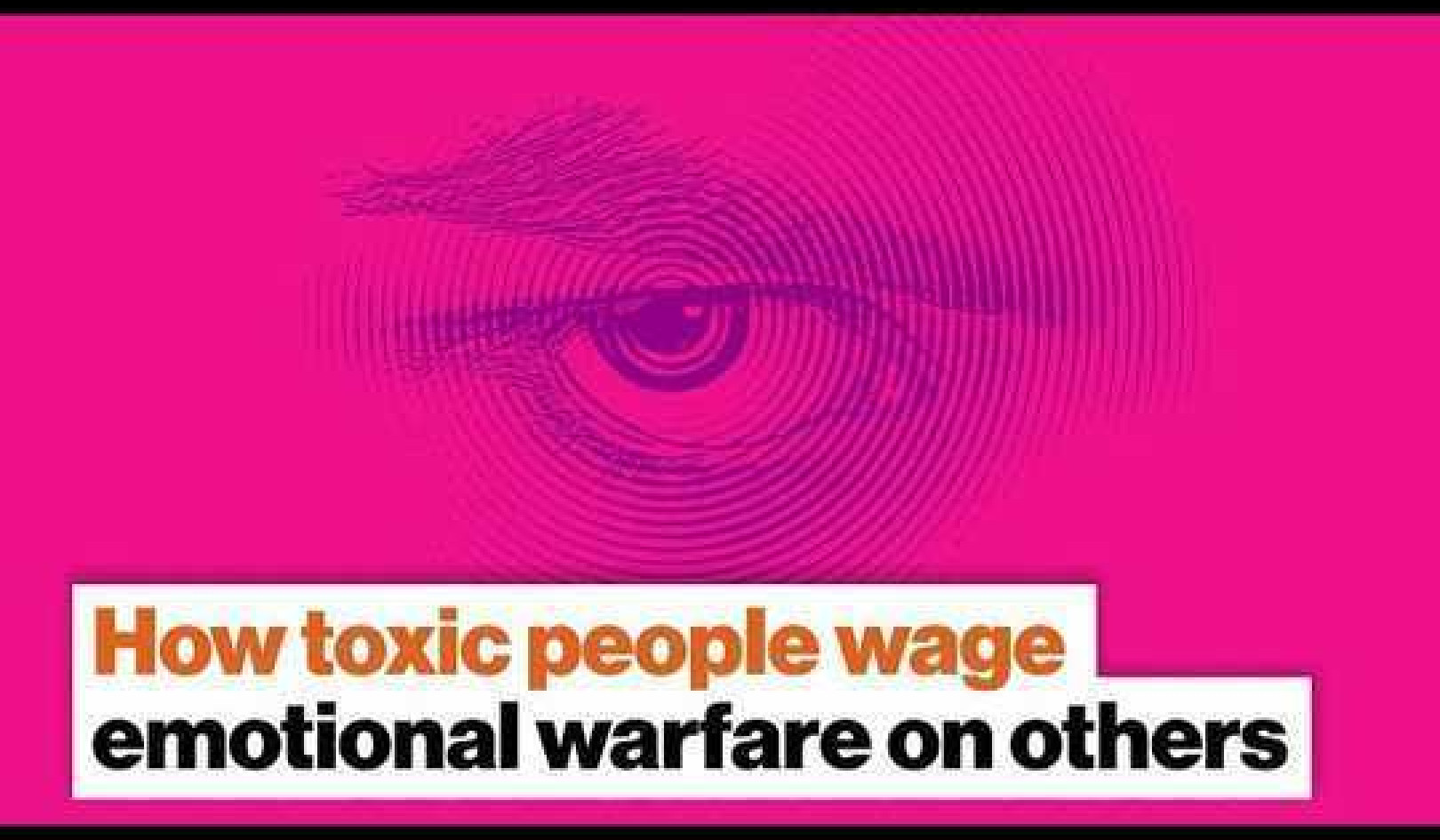
Magdalena kluczny/Shutterstock
In this Article:
- Does loneliness cause illness, or is it just associated with poor health?
- What does new research say about loneliness and health outcomes?
- Why should we still address loneliness, even if it isn’t a direct health risk?
- How does socioeconomic status factor into the loneliness and health debate?
- What role does mental health play in the effects of loneliness?
Does Loneliness Affect Your Health? A New Study Says No
by Louise Arseneault and Bridget Bryan, King's College London
When was the last time that you felt lonely? It’s an uncomfortable question, but for 3.83 million people in the UK, 7.1% of the population, the answer is probably “right now”.
Loneliness has become a worrying public health matter because it is common and is often associated with people experiencing physical and mental health problems. There is now taxpayers’ money being spent at the local, national and international levels on initiatives to minimise loneliness and the harmful effect it can have on people’s health. But are those investments misjudged?
New research from Guangzhou Medical University in China has challenged the notion that loneliness can cause ill health. Instead, the findings suggest that loneliness might be considered an associated feature for many diseases (a so-called “surrogate marker”) as it was shown to not be a root cause for poor physical and mental health.
The researchers used data from the UK Biobank in which over half a million people aged 37 to 73 were asked to report how often they felt lonely. They conducted analyses based on the distribution of genetic variants in the population (known as “Mendelian randomisation”) to test the causal effect of loneliness on a wide range of diseases, including physical and mental health problems.
This is certainly an interesting study; however, there are several points we must consider when reflecting on the findings. It is important to note that UK Biobank data isn’t the best for testing the causal effects of loneliness on health.
Although many participants have taken part in UK Biobank, they are volunteers who tend to be white, older and have higher levels of education than the general population in the UK. Many of the participants also follow a healthier lifestyle than the population as a whole.
Although loneliness doesn’t discriminate and can affect anyone, at all ages, and from all walks of life, this participation bias can influence the findings as it may conceal important associations.
The study also captured a snapshot of loneliness from a single time in adulthood. We all experience loneliness from time to time, but its effect on health depends at what age a person feels lonely, why they feel lonely and for how long. This detail isn’t captured in this data.
Some of our own research in this area shows that mental health difficulties and poor general functioning are often experienced alongside feelings of loneliness. However, our findings also show that loneliness in early adolescence can have long-lasting effects, especially related to education and employment prospects –– so-called “socioeconomic outcomes”.
This study also measured loneliness in participants in their late 30s and older. Again, previous research has shown that loneliness can start early in life and is associated with later depression and poor socioeconomic outcomes, both of which are shown in this paper to be important factors associated with health.
The ideal is to conduct analyses with data from studies that observe people from childhood to old age, and which have measured loneliness earlier in life and health in later life to best understand the links between loneliness and health.
Also, this study used hospitalisation data to determine health outcomes. While this type of data is valuable, it captures information only from participants who seek treatment and represents the tip of the iceberg when it comes to diseases. Loneliness may affect health in more subtle ways that won’t be caught here.
This is not to be over-critical of the study, however. The importance of depression and socioeconomic status as mechanisms through which loneliness translates into poor health is an essential message from this study. For example, loneliness may result in difficulties at work or worsening mental health, which could in turn increase a person’s risk of physical disease.
Identifying surrogate markers of poor health is also valuable as it opens the door to better and earlier ways to support vulnerable people. For example, someone may not feel comfortable revealing that they experience symptoms of depression, but they are fine with talking about their feelings of loneliness. Loneliness may act as a red flag in some circumstances. This is especially important when diseases are accompanied by stigma, such as many mental health conditions.
Loneliness is intertwined with a range of health conditions throughout life and is considered both a contributing factor to and an outcome of poor health. This study acknowledges that.
Loneliness has a complex relationship with health
To measure the importance of loneliness for public health relevance solely as a causal factor oversimplifies its complex and intricate relationships with health. This is where further research using data that is representative of the general population is needed. It would allow researchers to unpick the pervasive role of loneliness in shaping health and wealth for all people.
What this study cannot answer is an important question: should we continue to invest in initiatives designed to tackle loneliness as a means of improving population health? As ever, the answer is not a binary one.
While this study may not report a causal relationship between loneliness and diseases, ample evidence indicates that it precedes, accompanies and results from poor health. Current strategies have proven to be limited in their effectiveness, particularly for people with lower incomes and less education.
If we consider the occurrence of loneliness alongside mental health difficulties and low socioeconomic status, and a better understanding of the mechanisms that underpin loneliness, we might find these initiatives become more effective.![]()
Louise Arseneault, Professor in Developmental Psychology at the Institute of Psychiatry, Psychology and Neuroscience, King's College London and Bridget Bryan, Postdoctoral Researcher at the Institute of Psychiatry, Psychology & Neuroscience, King's College London
Article Recap
A recent study suggests loneliness may not directly cause physical or mental illness but highlights its strong connection with depression and poor socioeconomic outcomes. Despite the absence of a direct causal link, loneliness remains intertwined with health, and addressing it can still improve overall well-being. Understanding the complex relationship between loneliness and health will help create better initiatives to support vulnerable populations.
This article is republished from The Conversation under a Creative Commons license. Read the original article.

Books Improving Attitude and Behavior from Amazon's Best Sellers list
"Atomic Habits: An Easy & Proven Way to Build Good Habits & Break Bad Ones"
by James Clear
In this book, James Clear presents a comprehensive guide to building good habits and breaking bad ones. The book includes practical advice and strategies for creating lasting behavior change, based on the latest research in psychology and neuroscience.
Click for more info or to order
"Unf*ck Your Brain: Using Science to Get Over Anxiety, Depression, Anger, Freak-Outs, and Triggers"
by Faith G. Harper, PhD, LPC-S, ACS, ACN
In this book, Dr. Faith Harper offers a guide to understanding and managing common emotional and behavioral issues, including anxiety, depression, and anger. The book includes information on the science behind these issues, as well as practical advice and exercises for coping and healing.
Click for more info or to order
"The Power of Habit: Why We Do What We Do in Life and Business"
by Charles Duhigg
In this book, Charles Duhigg explores the science of habit formation and how habits impact our lives, both personally and professionally. The book includes stories of individuals and organizations who have successfully changed their habits, as well as practical advice for creating lasting behavior change.
Click for more info or to order
"Tiny Habits: The Small Changes That Change Everything"
by BJ Fogg
In this book, BJ Fogg presents a guide to creating lasting behavior change through small, incremental habits. The book includes practical advice and strategies for identifying and implementing tiny habits that can lead to big changes over time.
Click for more info or to order
"The 5 AM Club: Own Your Morning, Elevate Your Life"
by Robin Sharma
In this book, Robin Sharma presents a guide to maximizing your productivity and potential by starting your day early. The book includes practical advice and strategies for creating a morning routine that supports your goals and values, as well as inspiring stories of individuals who have transformed their lives through early rising.
Click for more info or to order




























